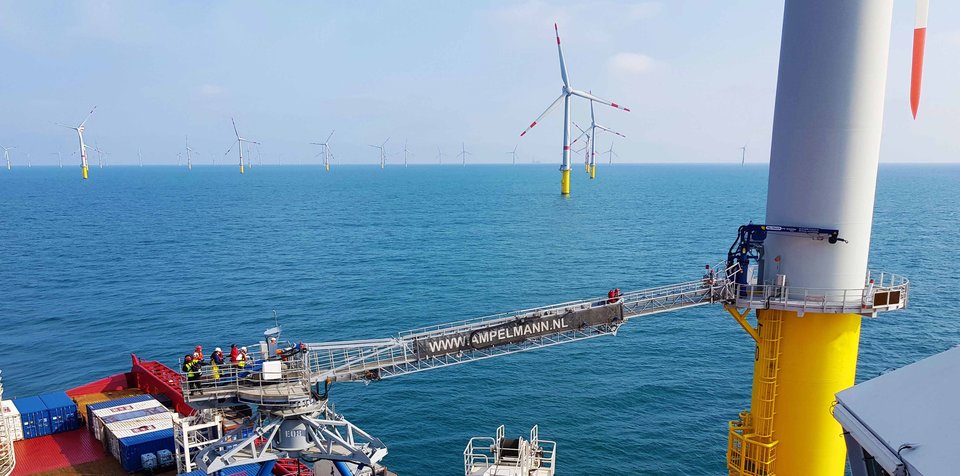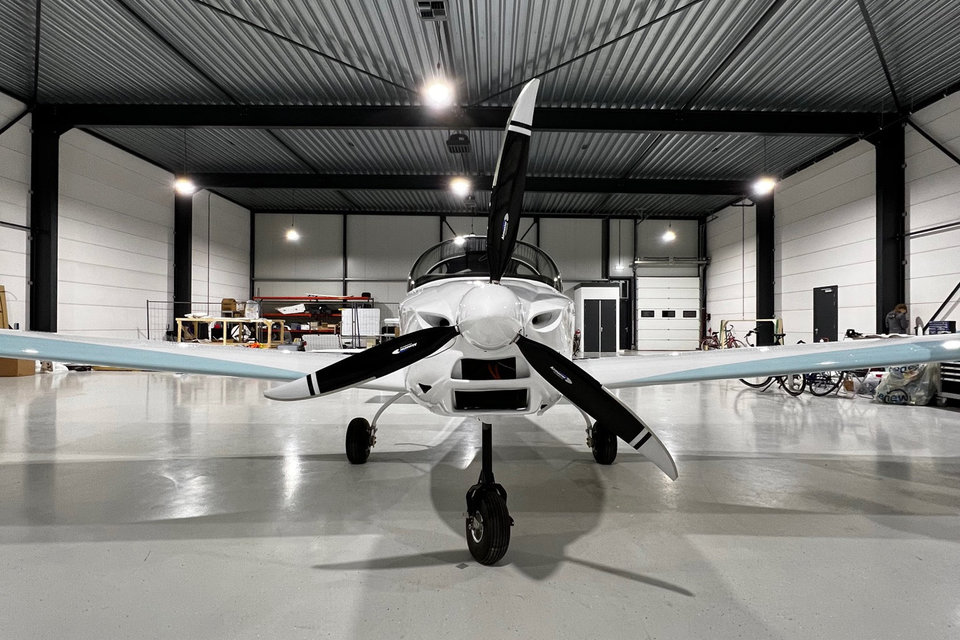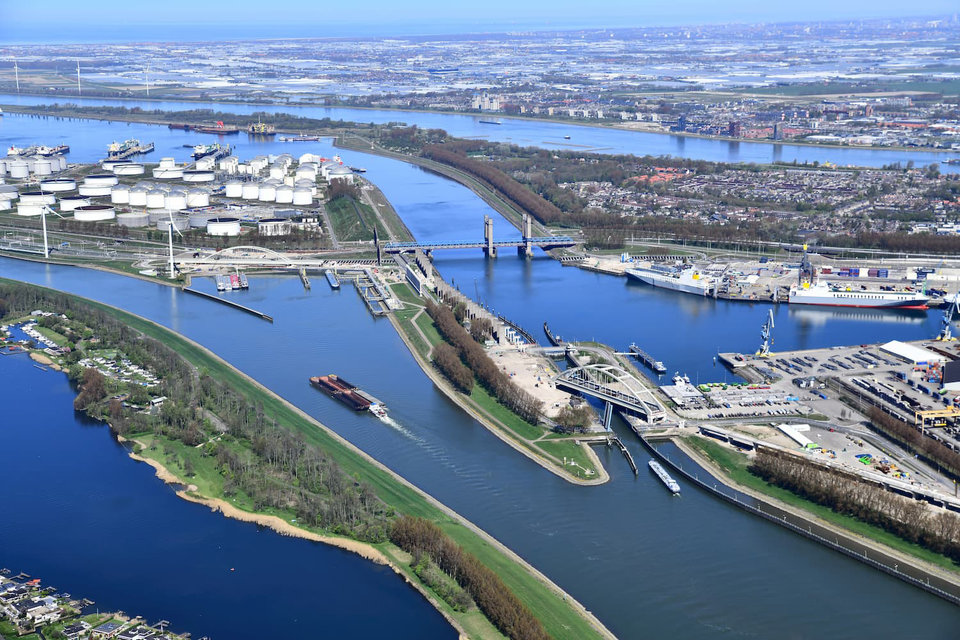'Collaboration is necessary for a resilient society.’
In late August, the Netherlands Chief of Defence Onno Eichelsheim visited the TU Delft Campus. He met with the Executive Board as well as the Defence-Related Research Project Group to explore potential partnerships between the Ministry of Defence and the University that will contribute to state-of-the-art armed forces and a resilient society. He spoke with Pioneering Tech after the visit. According to Eichelsheim, “We don't have a minute to waste.”
Photos: Ministry of Defence • November 5, 2024

What is your message for TU Delft?
“It's a broad message. First of all, it's essential that the Dutch armed forces continue to develop into a modern army capable of weathering any threats that come our way. Given the breakneck speed at which technology is developing, especially in fields such as AI, quantum technology and autonomous systems, we need the help of knowledge institutes and academia to ensure we stay ahead. And if you want to stay at the front of the pack, you need to work together.
"We must take precautions to ensure that society stays up and running in the event of disasters, crises or power outages"
“Secondly, we need to maintain society’s resilience. There's a lot of common ground. We must take precautions to ensure that society stays up and running in the event of disasters, crises or power outages. The energy transition, for example, is particularly vulnerable if we do not properly secure our North Sea wind farms. Cyber security innovations and advancements will prove crucially important both to keeping our vital infrastructure safe and to making the armed forces and the Ministry of Defence more resilient. Universities like TU Delft will have a key role to play.”
How urgent are matters?
“We must not take anything for granted. That energy is a given, that the freedom we have is a given. It is not so. We're constantly under attack; cyber-attacks have become an everyday occurrence and bad actors are trying to undermine society with fake news. Some of these attacks are linked to the war in Ukraine, and our analyses suggest that the Russian Federation could move on the Baltic states within the next few years. The risk is steadily increasing and the time factor is rapidly shrinking. The worst thing we could be is unprepared.”
In what fields would you like closer ties with TU Delft?
“We're already working closely in multiple areas. The Ministry of Defence identified five key priorities: intelligent systems, sensors, smart materials, space and quantum. They all happen to be fields in which TU Delft has ample expertise, which is why we are so keen to work with academics on research that will help make society resilient and also benefit the Ministry of Defence. Quantum technology, for instance, is poised to have an enormous impact on cyber security, and partnering with researchers will help us stay abreast of the latest developments and ensure that our communication systems remain secure. We desperately need this knowledge.”
Technology plays an important role in armed conflict and increasingly harnesses highly fundamental research. In the face of these developments, how can we guarantee compliance with the Geneva Conventions and international humanitarian law?
“Various fundamental agreements have been made on this under international humanitarian law. We're also in favour of making international agreements on the responsible use of AI in military contexts, such as requiring autonomous systems to always have a person in the loop, or demanding that algorithms be transparent and explainable.”
AI has already had a profound impact on the modern battlefield. How do the armed forces deal with AI? What precautions have you taken to avoid illegal implementations?
“Developments are moving very fast and if we deploy AI in military contexts, which the Dutch armed forces always do responsibly, it's important that laws and legislation keep up with these developments. Otherwise, we risk falling behind. AI is a crucial technology that requires quick action and concerted efforts. That's one of the reasons why we're part of the ELSA Lab Defense, which is working with various knowledge partners to develop a methodology for the responsible use of military AI. We don't have a minute to waste.”
"We have to realise that we need the armed forces to protect the world as we know it today, along with all the values and norms we hold dear"
Military-university partnerships are controversial. What would you say to students, researchers and staff who object on principle?
“First of all, I understand their concerns. At the same time, we have to realise that we need the armed forces to protect the world as we know it today, along with all the values and norms we hold dear. A modern armed force is a deterrent but you need state-of-the-art technology to build one. It may be an inconvenient or unpalatable truth, but it's a truth nonetheless.”
That might not be enough to change people's minds.
“I appreciate that people have mixed feelings but virtually all our technology is dual use, which means it also has civilian applications. Ultimately, the investments you make and the research you do to develop military technology also have a positive effect on society. GPS and the internet, for example, were originally military technologies. Regularly sitting down with researchers and students to explain what role the military plays in keeping society safe and resilient will likely improve mutual understanding.”
Interested in collaboration?
Interested in business collaboration or seeking knowledge and insights on your policy themes?
Contact us





![[Translate to English:] [Translate to English:]](https://filelist.tudelft.nl/_processed_/6/5/csm_tud_piontech_theo_d_vries_MR_EWF_240903_Z6B4229_0bad18d24f.jpg)




